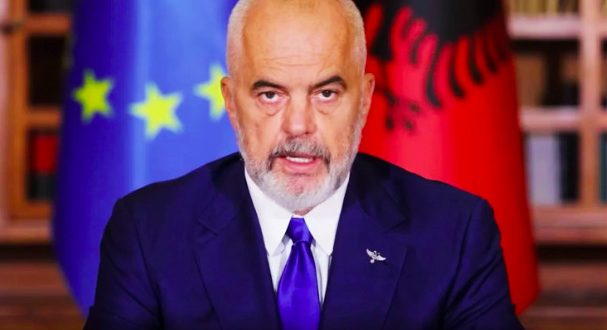Albania is making progress on ending its five-year prohibition on sports betting and gambling as a ‘draft law’ is placed under review by the government of the Balkans nation.
Since 2018, Albania has outlawed gambling except within state-sanctioned casinos. However, at the close of 2022, Prime Minister Edi Rama announced that the prohibition would be lifted as its measures had failed to reduce organised crime.
Composed by the Ministry of Finance and Economy, the Draft Law aims to establish a regulated online gambling marketplace to be serviced by licensed businesses adhering to stringent AML and customer compliance requirements.
As such the Draft Law recommends that operators be limited to accepting only digital payments via ‘authorised agents’, registering players, and keeping their personal data for a minimum of three years.
The Ministry has specified that online consumers must make monetary deposits through an authorised financial agent, such as Western Union or The Albanian Post, rather than directly through the operator – a provision which it believes will reduce money laundering threats. Authorised agents will include domiciled banks and financial institutions licensed by the Bank of Albania.
Licensed operators must guarantee winnings and keep a minimum of €1.5m in a “designated bank account”, which should “never be less than 5% of all deposits made by players in the previous financial year”.
The draft law will require licensed operators to register their business entities with the National Business Centre, which will include a review of management and shareholders for “any criminal convictions or be in a judicial process for criminal offences.”
Social directives will see the creation of a special fund to support projects in sports, culture and welfare, which will be financed by the ‘15% corporate income tax’ paid by operators.
A specific fund will allow for state institutions to pitch for the additional financing of individual projects funded by gambling taxes.
For land-based casinos, they will be required to deposit ‘0.4% of their annual turnover into the fund’ as well as the 15% corporate income tax. Additionally, the National Lottery will pay 5.4% of its annual turnover to the fund.
Since gambling was made illegal five years ago, authorities have carried out a number of operations to crack down on illicit betting.
Prior to the ban, there were more than 4,700 gambling shops across the country, while under the new law, there is no limit on the number of licenses that can be issued or accounts that can be opened.
Albania’s government backs the “stringent requirements set forth in the law’ with an aim to ‘promote responsible gambling while discouraging illicit betting activities’.
If passed, the law will provide a foundation for a new gambling industry operating within a safe environment whilst also creating an additional revenue stream for the government.









